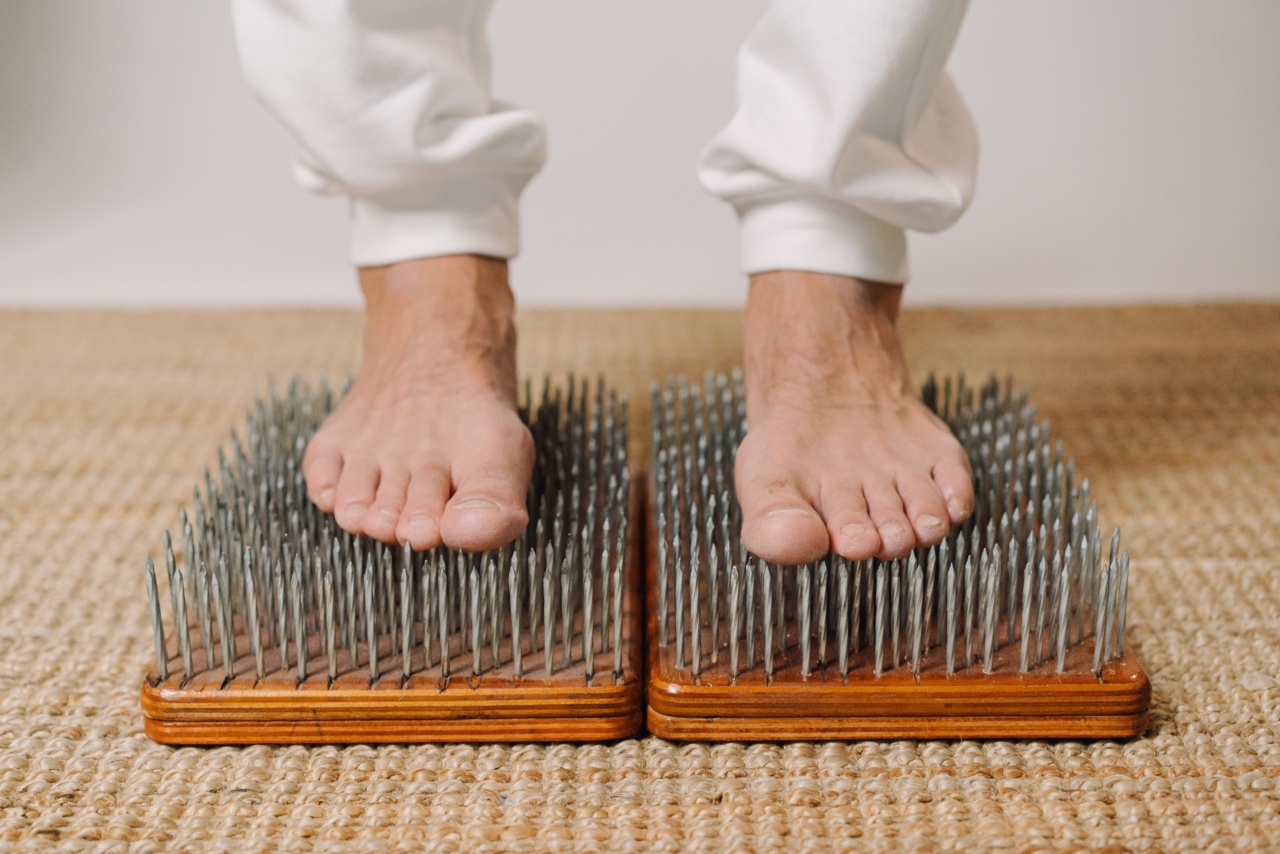As we age, it’s natural for our minds to slow down. We start forgetting things, struggle with complex problems, and may find it harder to learn new things.
However, there are ways you can protect your brain health and keep your mind sharp at any age.
Eat a Brain-Boosting Diet
The food you eat plays a significant role in your brain health. Eating a balanced diet that’s rich in whole grains, fruits, and vegetables can help reduce the risk of cognitive decline.
Some of the best foods to include in your diet for a sharp mind are:.
- Salmon: Rich in omega-3 fatty acids that support brain function.
- Blueberries: Contain antioxidants that can improve cognitive function and memory.
- Leafy Greens: High in vitamin K, which is essential for clear thinking and cognitive function.
- Nuts and seeds: Rich in vitamin E, which can help prevent cognitive decline.
- Whole grains: Provide a steady flow of glucose to the brain for sustained energy.
Get Enough Sleep
Sleep is necessary for the brain to function at its best. During sleep, the brain consolidates memories, flushes out toxins, and repairs damaged cells. Lack of sleep can lead to cognitive decline and memory loss.
Adults should aim for 7-8 hours of sleep each night. If you’re struggling with sleep, try these tips:.
- Create a regular sleep schedule and stick to it.
- Avoid caffeine and alcohol before bed.
- Make your bedroom quiet, cool, and comfortable.
- Avoid screens (phone, TV, computer) for at least an hour before bed.
Stay Physically Active
Exercise isn’t just good for your body — it’s also good for your brain. Regular physical activity has been shown to improve cognitive function and reduce the risk of cognitive decline.
Aim for at least 150 minutes of moderate-intensity exercise (like brisk walking) per week.
Challenge Your Brain
The brain is like a muscle — it gets stronger with use. Challenging your brain with mentally stimulating activities can help improve cognitive function and ward off cognitive decline. Some activities to try include:.
- Learning a new skill or hobby
- Doing crossword puzzles or Sudoku
- Reading books or articles on a new topic
- Playing brain games like chess or Scrabble
Reduce Stress
Chronic stress can have negative effects on the brain. It can lead to memory loss, cognitive decline, and even shrinkage of the hippocampus (the part of the brain responsible for memory). Finding ways to manage stress can help protect your brain health.
Some tips to reduce stress include:.
- Meditation or deep breathing exercises
- Regular physical activity
- Spending time in nature
- Getting enough sleep
- Talking to a therapist or mental health professional
Stay Socially Active
Research has shown that social isolation can have negative effects on cognitive function and brain health. Staying socially active can help improve cognitive function and reduce the risk of cognitive decline. Some ways to stay socially active include:.
- Joining a club or group
- Volunteering in your community
- Taking a class or attending a lecture
- Going out with friends or family
Practice Good Habits
There are a few simple habits you can adopt that can help protect your brain health and improve cognitive function:.
- Avoid smoking and limit alcohol consumption
- Wear a helmet when participating in sports or activities that can cause head injury
- Manage chronic conditions like diabetes, high blood pressure, and high cholesterol
- Get regular check-ups with a doctor and dentist
Conclusion
Keeping your mind sharp is important for overall health and quality of life. By adopting good habits and taking care of your brain, you can stay sharp at any age.






























